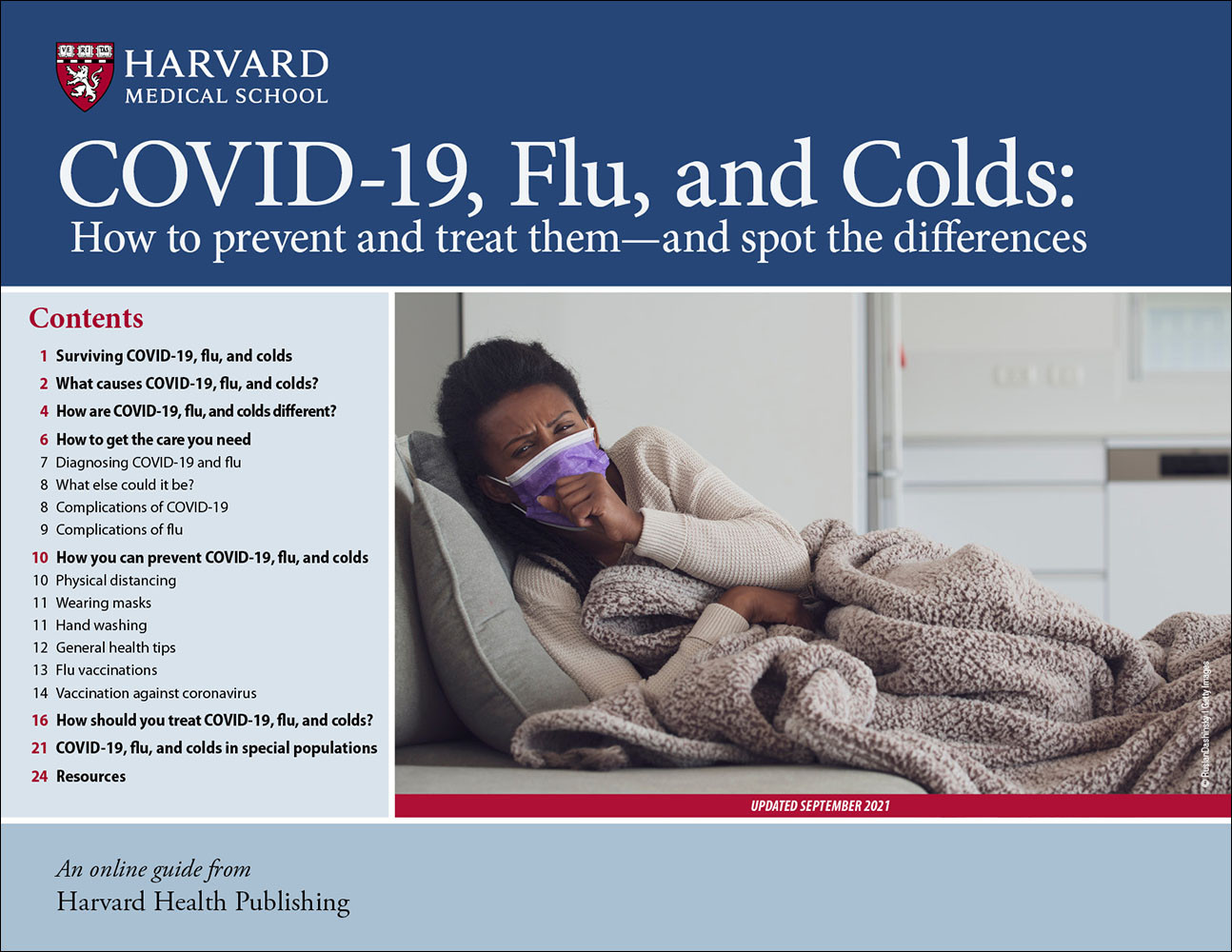Why do we need new flu shots every year?
Ask the doctor

Q. It’s flu shot time again. With all of these new ways of making vaccines, why do we still need a new shot each year? Why can’t we get one flu shot that will protect us for the rest of our lives?
A. Many scientists are working on developing just such a “universal” vaccine for the influenza (flu) virus. Why do we need a new shot every year? The influenza virus, like every virus, contains a set of genes that are wrapped in a coat of protein. Vaccines typically stimulate the production of antibodies that attach to outer structures on the protein coat, disabling the virus; indeed, that’s how the influenza vaccine works. Unfortunately, these outer structures are constantly changing, so a new vaccine is needed each year to target those structures on the flu viruses that are currently circulating. In recent years, scientists have found inner structures in the influenza virus protein coat that are the same in all strains of flu viruses. Universal vaccines that target those inner structures hold the promise of protecting against different types of influenza virus, eliminating the need for a new shot every year. Even more important than avoiding the hassle of an annual flu shot, a universal flu vaccine could be ready immediately and in large quantities — without the usual multi-month delay needed to create and produce a vaccine — when a deadly new pandemic flu virus emerges, as history says it will. I’m optimistic that remarkable scientific progress under way will give us a universal flu vaccine in the future.
Image: © simarik/Getty Images
About the Author

Anthony L. Komaroff, MD, Editor in Chief, Harvard Health Letter; Editorial Advisory Board Member, Harvard Health Publishing
Disclaimer:
As a service to our readers, Harvard Health Publishing provides access to our library of archived content. Please note the date of last review or update on all articles.
No content on this site, regardless of date, should ever be used as a substitute for direct medical advice from your doctor or other qualified clinician.
















